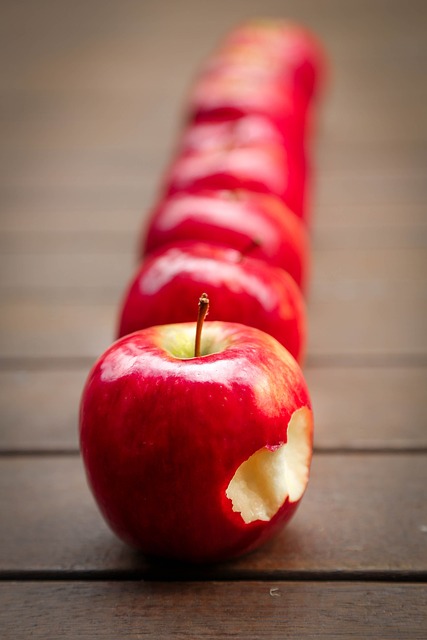Gut Health Revolution: How Probiotics Can Transform Your Digestive System
Our bodies are home to trillions of bacteria, both good and bad. While the word “bacteria” often carries a negative connotation, not all bacteria are harmful. In fact, there are certain types of bacteria known as probiotics that can have a positive impact on our health, particularly our digestive system.
What Are Probiotics?
Probiotics are live bacteria and yeasts that are beneficial for our overall health, especially our gut health. They are naturally found in our bodies and can also be consumed through certain foods and supplements.
The most common types of probiotics include lactobacillus and bifidobacterium. These probiotics can help restore the natural balance of bacteria in our gut, which can be disrupted due to factors like poor diet, stress, antibiotics, or illness.
How Do Probiotics Impact Digestive Health?
The digestive tract is home to a complex ecosystem of bacteria, known as the gut microbiota. When this microbiota is imbalanced, it can lead to various digestive issues such as bloating, gas, constipation, diarrhea, or even more serious conditions like irritable bowel syndrome (IBS) or inflammatory bowel disease (IBD).
Probiotics work by promoting the growth of good bacteria and suppressing the growth of harmful bacteria in the gut. They can help restore the balance of microorganisms, improving digestion and overall gut health. As a result, many individuals experience relief from digestive symptoms and a reduced risk of certain digestive disorders.
The Benefits of Probiotics
The potential benefits of probiotics extend beyond just improving digestive health. Research suggests that probiotics may also:
- Strengthen the immune system
- Reduce the risk of certain infections
- Improve nutrient absorption
- Enhance mental health and reduce symptoms of depression and anxiety
- Support weight management
- Lower cholesterol levels
- Alleviate skin conditions like eczema
Food Sources of Probiotics
While probiotic supplements are widely available, many people prefer to obtain their probiotics through food sources. Some of the best natural sources of probiotics include:
- Yogurt: Choose yogurt that contains live and active cultures. Greek yogurt, kefir, and other fermented dairy products are excellent options.
- Sauerkraut: This fermented cabbage dish is not only delicious but also rich in probiotics.
- Kombucha: A fizzy fermented tea that contains live cultures and beneficial acids.
- Miso: A traditional Japanese seasoning made from fermented soybeans, barley, or rice.
- Kimchi: A Korean dish made from fermented vegetables like cabbage and radishes.
It’s important to note that not all yogurts or fermented foods contain high levels of live cultures. Therefore, it’s crucial to read labels and choose products that specifically mention the presence of live probiotics.
Choosing the Right Probiotic Supplement
If you decide to take probiotics in supplement form, it’s essential to choose the right one. Here are a few factors to consider:
- Strain diversity: Look for supplements that contain different strains of bacteria to maximize its potential benefits.
- Colony Forming Units (CFUs): CFUs indicate the number of live organisms present in the supplement. Opt for a supplement with at least 1 billion CFUs.
- Potency: Check the expiration date and choose a reputable brand that ensures the potency of their product until the date of expiration.
- Survivability: Probiotics are delicate organisms that can be destroyed by stomach acid. Look for supplements with delayed-release capsules or enteric coating to protect the live bacteria from stomach acid.
Conclusion
The gut health revolution is undoubtedly gaining







